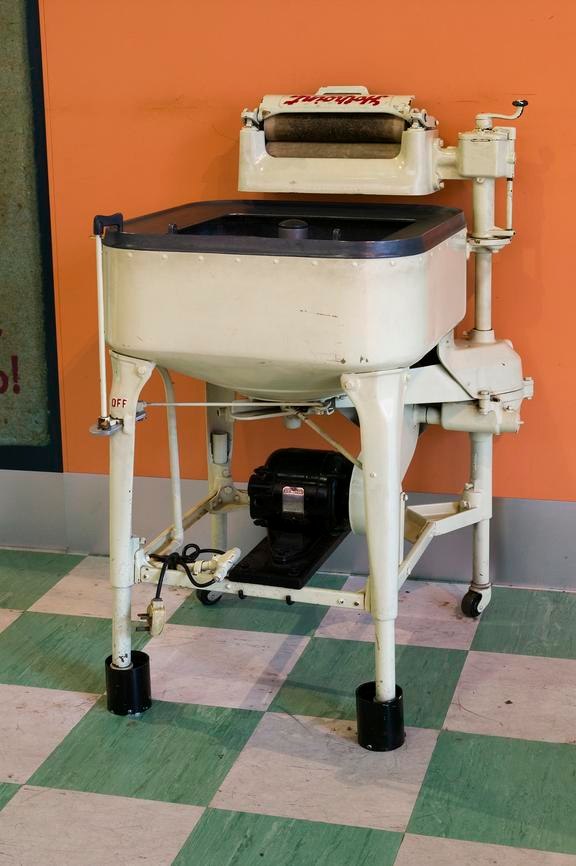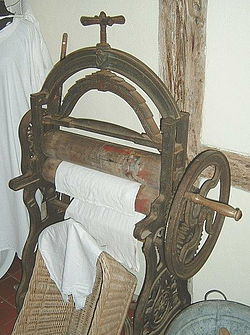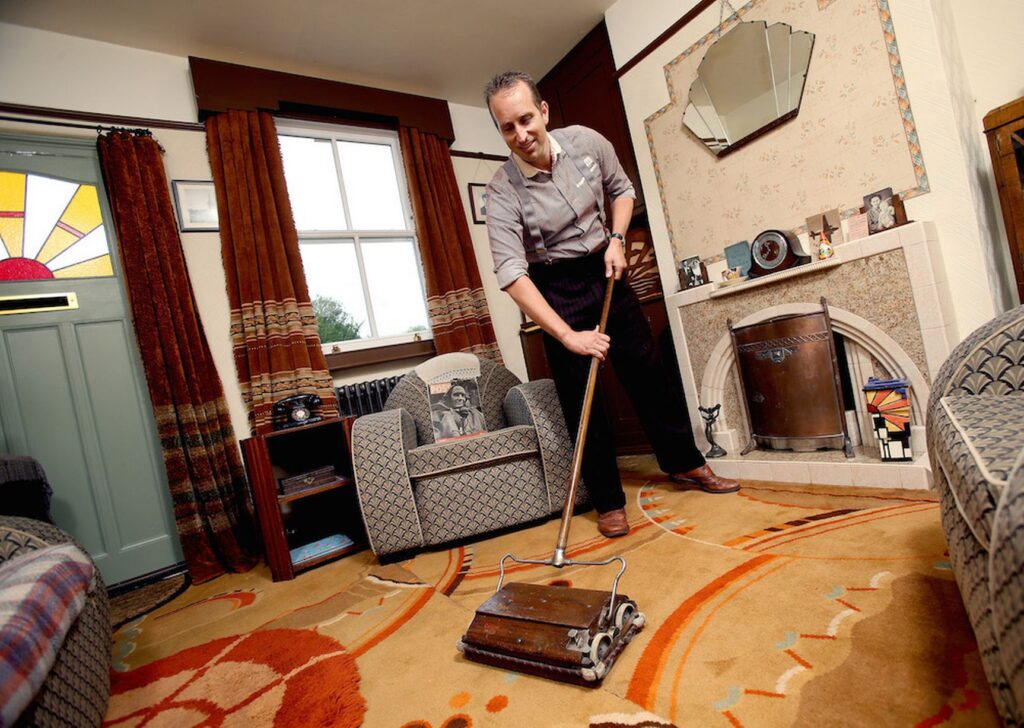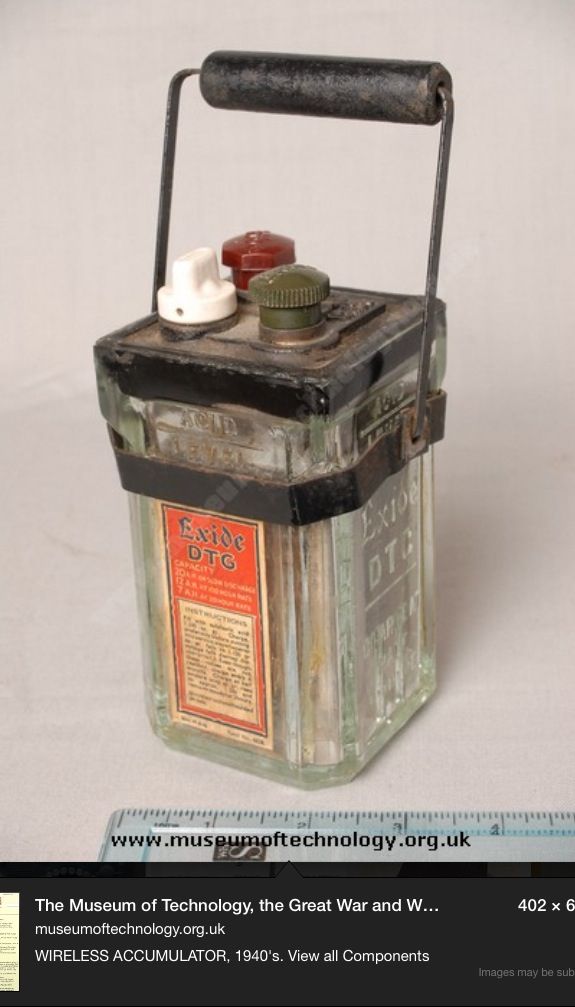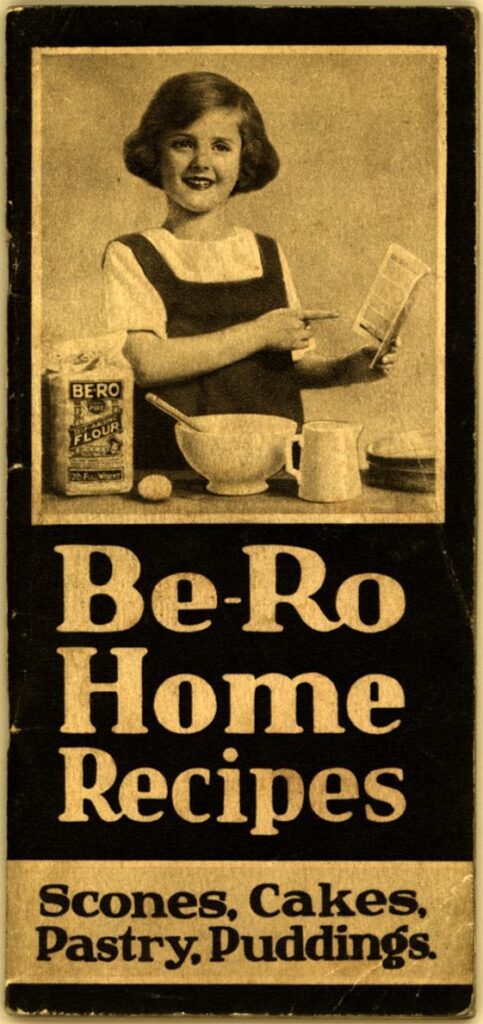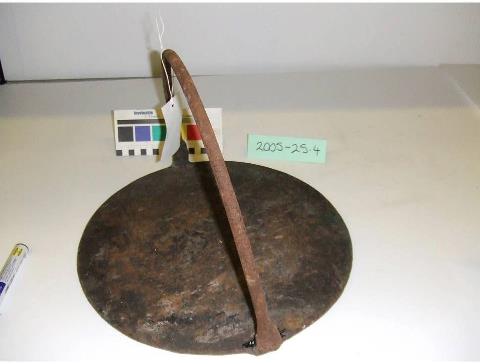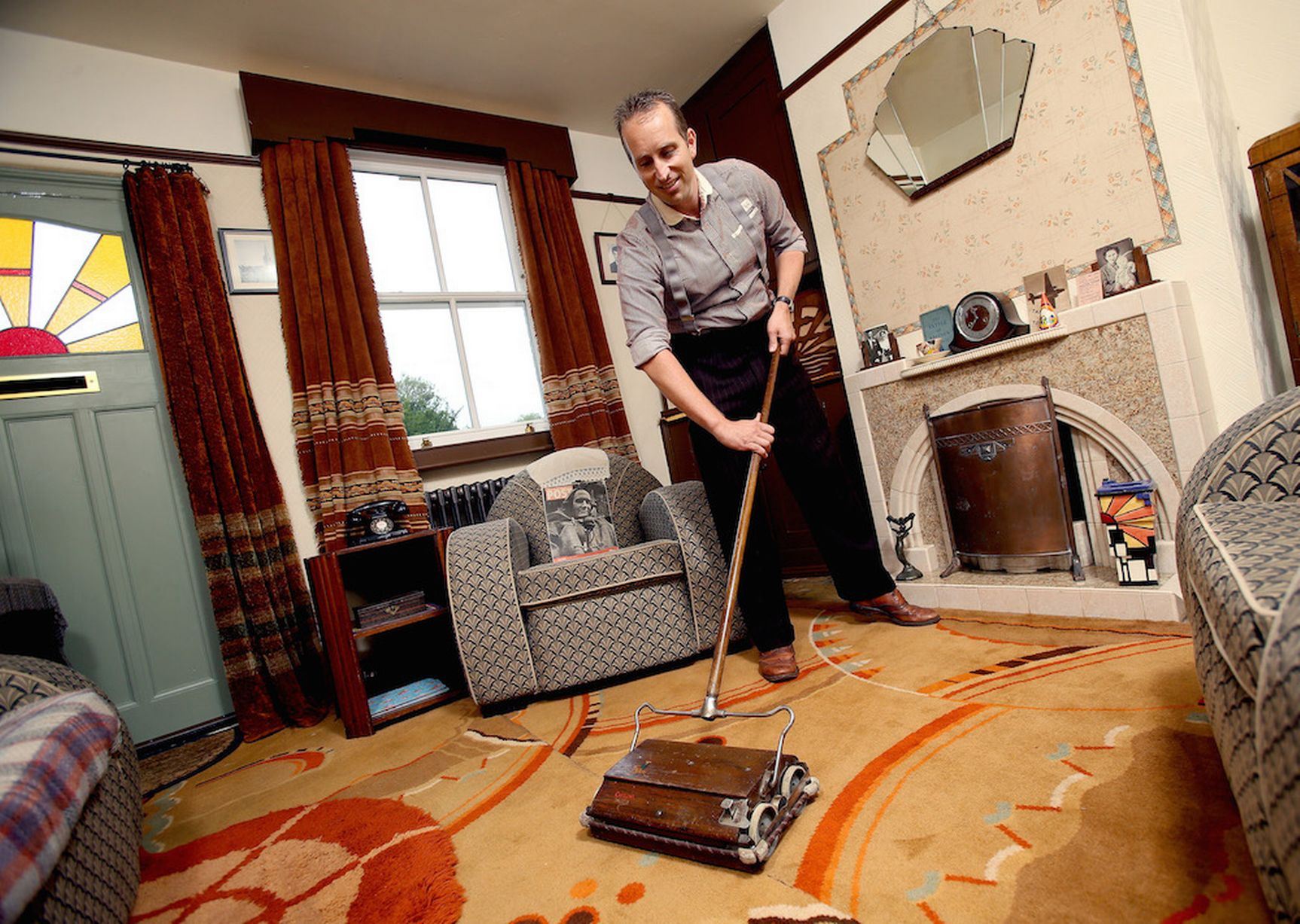The Martin’s Memories series has been reproduced with the very kind permission of Tony Martin from his posts on the Old Blaydon and Old Winlaton Facebook group.
OLD Blaydon and OLD Winlaton | MARTIN’S MEMORIES 8 | Facebook
I have many memories of daily life from 1945 and into the immediate postwar years. Monday was always wash day and we were lucky in that we used my Aunt Nell’s Hotpoint washing machine from the 1930s (now in Beamish). It was an essential part of the wash house together with the gas boiler, soaping table and mangel. Clothes were hung out in the back lane and no-one dared to use the back lane on a Monday. On other days, if there was washing on the line, you were either expected to take it in or at loosen the clothes line and lift it with a clothes prop so people could pass under. Every household had a large wicker clothes basket that was used to take the clothes in and out. The mangel was used for bedding, tablecloths and other clothes were ironed using a flat iron, heated on the gas cooker.
Most households in the Avenues had electricity, but in many parts of Blaydon and Winlaton, there was still indoor gas lighting. This meant that if one wanted to listen to the wireless, one needed a set run off accumulators. In which case two were needed – one in use and the other being charged. I can remember the back shop of my uncle’s shop at 22, Church Street had a bench where these were wired up for charging overnight. TV was unheard of until a few people bought them for the Coronation of the late Queen in June 1953. That event began the TV boom, but we did not get one until April 1955 when Newcastle Utd beat Manchester City in the FA Cup Final. Before that one got commentary of the second half of a match on Saturday afternoon at 3.45 pm and you did not know which match was being covered until the programme was introduced with the words “Welcome to (the name of ground) for our match this afternoon.
There was also a string of regular visitors to the house throughout the week. Each morning the milkman arrived. We got ours from the Coop and you bought milk tokens in advance and placed them with your empty bottles. There were two postal deliveries and many people had their newspaper delivered in the morning and the Evening Chronicle in the late afternoon. The Coop and the London and Newcastle Tea Company used to have a person who would come early in the week for the order and the goods were delivered later in the week. There was also a number of shops who had regular hawking routes and one knew roughly when to expect them. Insurance agents also came to collect premiums. I can remember Llewellyn James from Edith Avenue coming for the Prudential and, when the family emigrated to New Zealand, Nelson Ralph who lived in Dunsop House, Lucy Street took over. The Refuge collector, I recall was a man called Armstrong who lived in the gable end house of Clifford Street on Delacour Road. Many older people had Penny Policies payable on death, taken out for them by their parents and they continued to pay a penny every week. When my aunt died and I had to sort out her estate, I found that she had nine of them, most of them only paying out about £35-40 on death. Another feature of the years at the end of the war was a visit from someone who was referred to as “the woman from the Lloyd George”….a health insurance which many people had before the NHS started in 1948.
I can also remember that Thursday was cleaning day when the whole house was given a good going over for the weekend. Very few people had an electric vacuum cleaner, but my mother had a Ewbank carpet sweeper. Some women cleaned their own windows and, in the case of upstairs windows, they would sit out on the window sill and pull the sash window down so it could be cleaned. Other jobs included swilling the yard and front path and finishing the edges of steps with a rubbing stone.
Almost all housewives baked, many using one of the regular editions of the Bero Cook Book or handwritten recipe books handed down from parents or grandparents. Friday was baking day. Many baked their own bread, but girdle scones and drop scones (pancakes), buns and sandwich cakes were often on the menu. A lot of older women used recipes that gave quantities, not in ounces, but in cups and spoon measures.
The fire, which had been lit in the morning was kept on all day. It was given an extra shovel of coal in the late afternoon to ensure that there was a good supply of hot water for an evening bath, often in front of the fire or for washing. The evening was spent listening to the wireless. There were three programmes to choose from – the North of England Home Service, the Light Programme and the more high brow Third Programme. However there was always something to be done while listening to programmes, such as knitting, sewing or making homemade mats from discarded clothing, sometimes augmented from cloth pieces one could buy at the mat shop in the Grainger Market in Newcastle. A woman’s work was never done, but everyone enjoyed the evening as a time of relaxation. Happy Days.
Photos:
